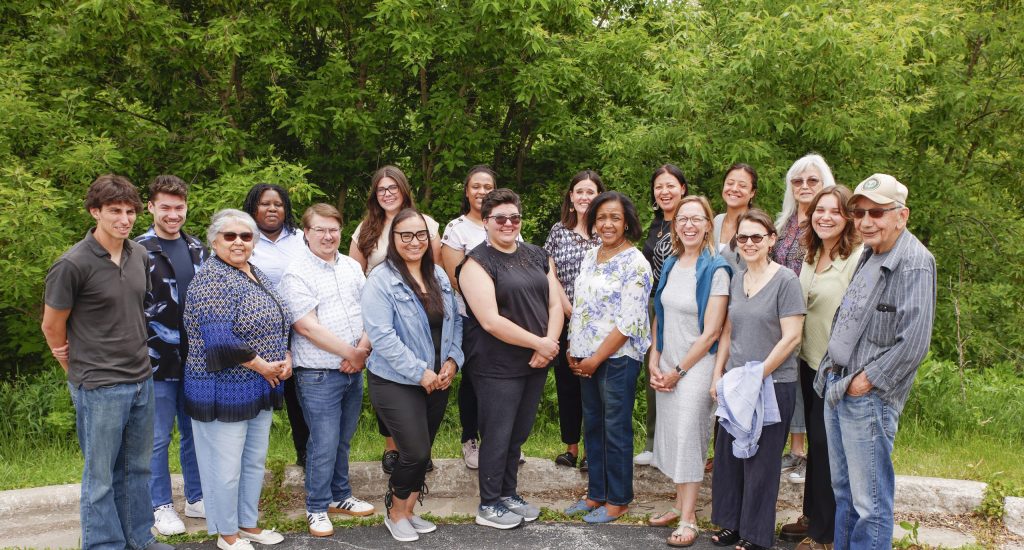


Welcome to the Community-Academic Partnerships for Cognitive Health & Wellness Lab!
Mission
Our mission is to ensure that Alzheimer’s disease and related dementias research benefits everyone. We are committed to addressing the disease as a public health priority and to engaging populations most affected by the disease yet under-included in research. By prioritizing representation across differences in culture, geography, education, co-existing health conditions, and lived experience, we aim to produce research that reflects the true breadth of the population, leading to more comprehensive and impactful scientific outcomes. We believe partnership with communities is essential for groundbreaking discoveries.
Vision
We envision a future where Alzheimer’s disease and related dementias research is truly representative of all individuals, and where the unique experiences and needs of every person within our communities are integrated into the science.
Values
At our research unit, we are guided by a deep commitment to:
- Fairness: We prioritize fairness by ensuring that all individuals, regardless of background, have an opportunity to participate in and benefit from Alzheimer’s research.
- Representation: We actively seek to include a broad range of people in our studies, recognizing that doing so makes our science stronger, and discoveries more meaningful for all.
- Trust: We are dedicated to building trust with communities we serve by engaging with them respectfully, transparently, and consistently throughout the research process.
- Collaboration: We believe that the best solutions emerge when we work together—across disciplines, communities, and perspectives—to create research that truly reflects the needs of all people.
- Integrity: We uphold the highest ethical standards in our research, ensuring that the voices of those affected by Alzheimer’s disease are heard and their needs are met with integrity and care.
- Innovation: We strive to push the boundaries of science by embracing new methods, perspectives, and ideas to address the complex challenges of Alzheimer’s disease.
How to Join a Research Lab
If you are a trainee looking for information about joining a lab, visit the Wisconsin Alzheimer's Disease Research Center's How to Join a Research Lab page.



